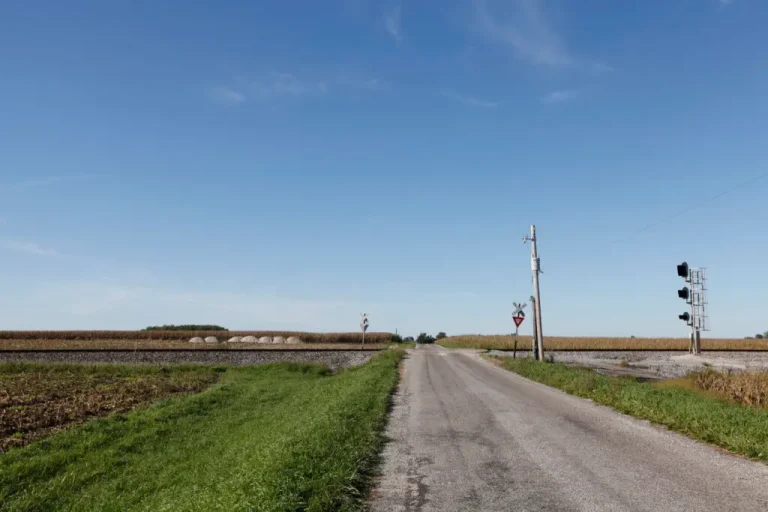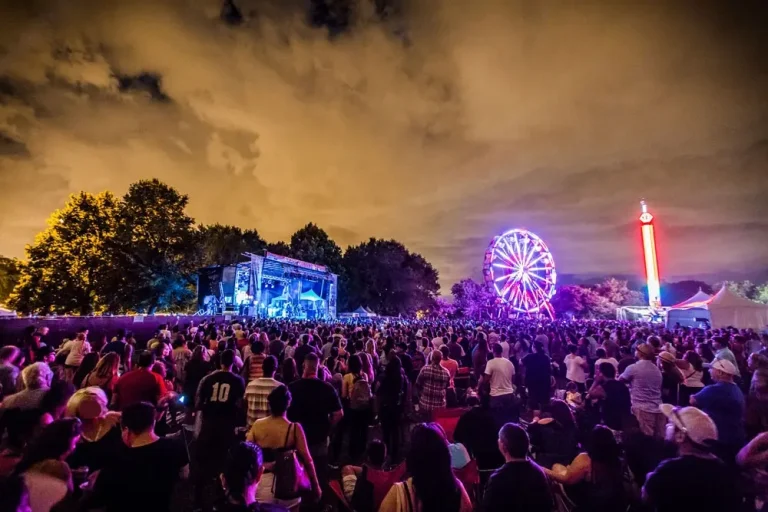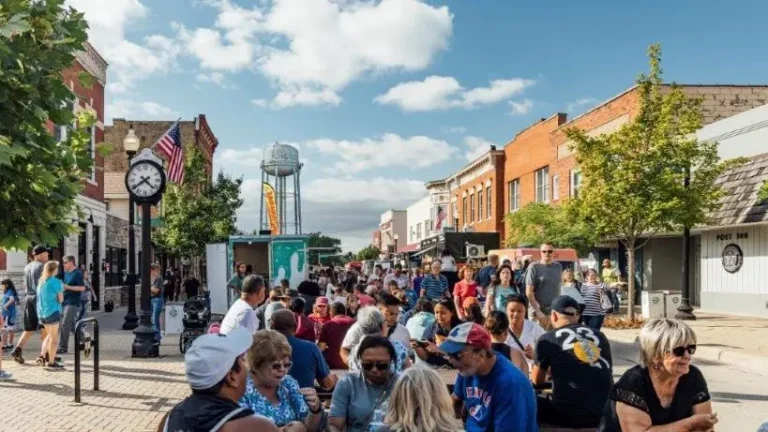Long before Illinois became the center for craft beverage lovers, the groundwork was being laid for the uniqueness of today. Illinois is part of the brewing culture of craft beer across our nation. The Brewers Association lists Illinois as one of their 5,600+ brewery members across the country, making up a deep fabric of national brewing traditions.
Historical Roots
When German immigrants arrived in Chicago in the nineteenth century, they brought brewing traditions that would help create the culture of beer found in Illinois today. While early brewers were shaping the future of beer culture in Illinois, the region that would become Chicago’s world-famous craft beer scene was being established.
In the southern part of the state, Shawnee Hills has made its mark as a noteworthy wine region since the 1980s. Shawnee Hills was designated as an American Viticultural Area (AVA), and is now considered one of the Midwest’s most recognized wine regions offering wineries with different styles of tasting rooms and festivals year-round.
Festival Regulatory Environment
As festival organizers work through the various elements needed to present these events, there are various requirements. Each vendor must have a valid reseller’s permit from the California Board of Equalization (or equivalent in Illinois), and a festival application requires documentation.
At a temporary event, the state requires each server to obtain their BASSET (Beverage Alcohol Sellers and Servers Education and Training) certification.
Illinois’s happy hour laws also apply to festival promotions. Generally speaking, the state allows for a maximum of 4 hours per day for special pricing. This has implications for how tastings and sampler sessions at beverage festivals are organized throughout the state.
Signature Annual Festivals
Wine-Centric Events
The Shawnee Hills Wine Trail Festival happens twice yearly (Spring and Fall) and has become a calendar highlight for oenophiles. Similar to other successful festival models, it’s held in beautiful open settings where attendees can experience regional vineyard collaborations while enjoying live music. The atmosphere creates the perfect backdrop for wine exploration, with the area’s most prestigious wineries showcasing their portfolios.
Up north, the Galena Country Fair (October) masterfully combines local wines with artisanal foods in one of the state’s most picturesque historic districts. The event transforms the small town into a celebration of Illinois craftsmanship where wine takes center stage.
Beer-Focused Gatherings
The Chicago Beer Festival runs Winter and Summer editions at the historic Union Station. Like many successful beer festivals, it combines expert curation with seamless logistics. Breweries present premium custom offerings that truly reflect their brands, creating an authentic experience for attendees rather than just generic tastings.
With over 150 breweries participating, it’s a comprehensive showcase of Illinois brewing talent.
Meanwhile, the Oak Park Microbrew Review stands as the Midwest’s longest-running outdoor craft beer event, bringing together tradition and innovation in a community-focused setting.
Hybrid Experiences
The Belmont-Sheffield Music Fest (May) exemplifies the crossover appeal of beverage festivals, pairing craft beers with indie bands in a format that appeals to younger demographics who might not attend traditional beer festivals.
This hybrid approach has proven effective in introducing new audiences to Illinois craft beverages.
Similarly, the Illinois State Fair Brews & Vine Tent (August) strategically cross-promotes local breweries and wineries, creating a unified celebration of Illinois’ fermentation culture during the state’s largest annual gathering.
Hidden Gems by Region
Southern Illinois
Beyond the marquee events, smaller celebrations offer intimate experiences with local producers. The Cobden Peach Festival Wine Pairings showcase local fruit-infused wines that highlight Southern Illinois’ agricultural bounty.
Carbondale Beer Week leverages the university town’s youthful energy through brewery collaborations that connect student communities with local craft producers.
Central IL
The Peoria Riverfront Beer Fest puts a spotlight on downstate breweries that might otherwise be overshadowed by their Chicago counterparts.
For self-guided exploration, the Bloomington-Normal Ale Trail offers festival discounts to those who visit multiple locations, encouraging year-round engagement with the region’s craft beverage producers.
Attendee Necessities
Logistics and Compliance
The organization of transportation has become increasingly crucial as festival organizers respond to the growing trend of decreasing consumption in alcohol. The most recent measurement indicated that craft volume was down 9% in consumption, and with the continued decline of larger trends over longer time frames, festival organizers have needed to put safety first while still providing an overall exceptional experience.
Many large events now partner with services, like SafeRide IL, to facilitate transportation and lessen DUI instances.
Age verification has also evolved, as most festivals are now implementing ID scanning technologies at entrances for compliance with state liquor laws.
Flavor Optimization
Guided tasting workshops have emerged as a strategy to counter the documented decline in craft beer volume (down 9% in recent measurements) and wine consumption (down 9.6%). These educational components help attendees develop more sophisticated palates and a deeper appreciation for craft beverages.
Food pairings have also become more intentional, with allergen-aware menus and thoughtful partnerships with local culinary talents enhancing the tasting experience.
Sustainability & Industry Impact
Eco-Initiatives
Some of the leading eco-friendly festivals implemented reusable cup programs (with a $2 deposit tracked through RFID technology) have contributed to a drastically reduced amount of single-use plastic waste, while enhancing the premium-level experience of festival goers.
The festival industry is increasingly investing in sustainability and scaling back to its basic models much like larger facilities. Knowing that industry professionals have decades of experience around producing eco-friendly products is showing even in the shorter and more temporary scopes of festivals, in which they are using sophisticated systems with a plan for environmental responsibility as well as operational effectiveness.
Economic Contribution
These festivals also contribute to combating the reported decline in wine volume (overall 9.6% decline statewide) by offering a concentrated moment of engagement in the beverage with consumer education.
And while it receives less consideration than the beverage experience, festivals create significant tourism dollars in the hosting communities.
And the temporary nature of these events creates measurable employment increases, with projected testimony for 2024 indicating a 12% increase in festival associated jobs. These festivals are becoming more than just entertainment opportunities, but economic engines for their communities.
In closing, plan accordingly for your festival trip, consider confirming shuttle schedules with applicable regional transit agencies and double-check the 2025 dates with appropriate event calendars for accurate information, when experiencing your Illinois beverage festival adventure.


